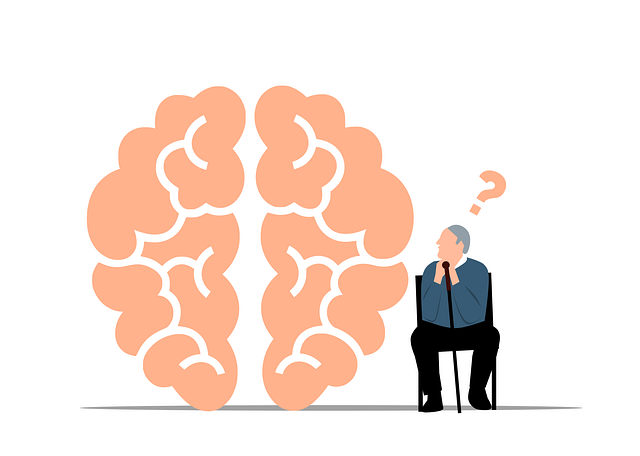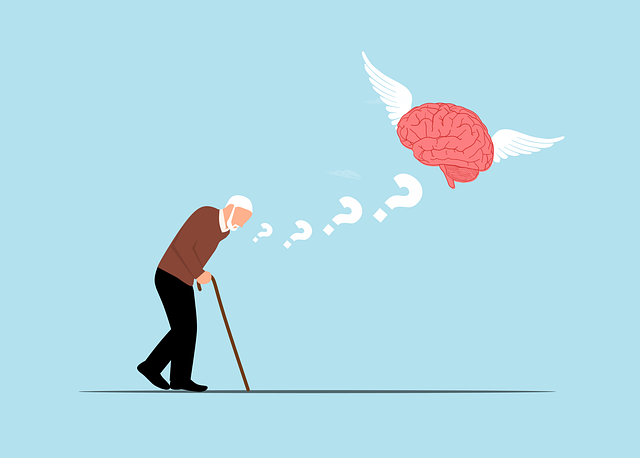Boulder Couples Counseling Therapy emphasizes cultural sensitivity as a cornerstone of effective mental healthcare, recognizing diversity as both a strength and a challenge. Therapists adapt their approaches to respect individual differences, learning about various cultural practices and stress reduction methods. This creates safe, supportive environments that foster emotional regulation and strengthen the therapeutic bond, leading to better mental wellness outcomes. By tailoring therapy to personal needs and promoting culturally relevant coping mechanisms, they enhance the effectiveness of treatment for Boulder residents and remote clients alike. The practice prioritizes building trust through open dialogue, active listening, and empathy, addressing potential cultural barriers to provide comprehensive care.
In today’s diverse society, cultural sensitivity is paramount in mental healthcare. Understanding cultural diversity enriches therapy outcomes, especially for couples seeking help at centers like Boulder Couples Counseling Therapy. This article explores the impact of cultural awareness on therapeutic success and provides strategies, from building trust to ethical considerations, to ensure effective cross-cultural practice. By integrating these insights, mental health professionals can offer tailored care, fostering deeper connections and positive transformations for all clients.
- Understanding Cultural Diversity in Mental Health Contexts
- The Impact of Cultural Sensitivity on Therapy Outcomes
- Boulder Couples Counseling Therapy: Adapting to Diverse Needs
- Building Trust and Effective Communication Strategies
- Ethical Considerations in Cross-Cultural Mental Healthcare Practice
Understanding Cultural Diversity in Mental Health Contexts

In today’s diverse society, mental healthcare practitioners must embrace cultural sensitivity to provide effective treatment. Cultural diversity enriches communities, but it also presents unique challenges in the therapeutic setting. Understanding that each individual brings their own cultural lens, shaped by their background, experiences, and beliefs, is fundamental. For instance, a person from a community with strong familial ties might view personal struggles through a collective lens, while someone from a more individualistic culture may process mental health issues differently. Practitioners like those at Boulder Couples Counseling Therapy recognize the importance of adapting counseling techniques to respect these differences.
This cultural awareness involves learning about various ethnic, racial, and cultural groups’ specific needs, values, and communication styles. It also entails recognizing implicit biases that might influence interactions. By incorporating knowledge about different cultural practices, beliefs, and stress reduction methods like those taught in Stress Management Workshops Organization, therapists can create a safe and supportive environment. This approach not only fosters better emotional regulation but also strengthens the therapeutic bond, ensuring that care is tailored to meet each client’s unique needs.
The Impact of Cultural Sensitivity on Therapy Outcomes

Incorporating cultural sensitivity into mental healthcare practice is not merely a moral imperative; it significantly enhances therapy outcomes. When therapists in Boulder Couples Counseling Therapy prioritize understanding and appreciation of their clients’ cultural backgrounds, they create a safer, more welcoming environment. This fosters open communication, encouraging clients to explore and express their emotions freely, thereby facilitating better emotional regulation and stress management—essential aspects for mental wellness.
The benefits extend beyond individual sessions; culturally sensitive practices contribute to the overall success of therapy. By tailoring their approach to meet the unique needs of diverse individuals, therapists can help clients develop effective coping mechanisms tailored to their cultural contexts. This personalized guidance enhances the utility of mental wellness journaling exercises and promotes healthier stress management techniques, ultimately leading to more positive and lasting outcomes for everyone, from folks in Boulder to those engaging in remote counseling therapy.
Boulder Couples Counseling Therapy: Adapting to Diverse Needs

In Boulder, Couples Counseling Therapy has evolved to cater to a diverse range of needs, reflecting the city’s vibrant and inclusive culture. Therapists in this region are trained to navigate complex interpersonal dynamics, cultural differences, and unique personal histories that shape relationships. By incorporating empathy building strategies tailored to each couple’s background, Boulder Couples Counseling Therapy ensures a safe and supportive environment where all partners can openly express their concerns and work towards shared goals.
The mental wellness landscape in Boulder is further enhanced by the production of innovative Mental Wellness Podcast Series, offering valuable insights into various aspects of mental health. These podcasts not only promote stress management techniques but also facilitate conversations on diverse cultural perspectives within the context of therapy, enriching the community’s understanding and appreciation for inclusive mental healthcare practices.
Building Trust and Effective Communication Strategies

Building trust is paramount in mental healthcare, especially when serving diverse communities. Boulder Couples Counseling Therapy professionals must create an environment that fosters open dialogue and encourages clients to share their unique perspectives and experiences. This involves active listening, empathy, and a genuine interest in understanding cultural nuances that may influence mental health expressions and treatment preferences. Effective communication strategies include clear, non-judgmental language tailored to the client’s cultural background.
By incorporating culturally sensitive practices, therapists can establish strong therapeutic alliances, ensuring clients feel safe and understood. This approach not only enhances the quality of care but also promotes positive outcomes in treating mental health concerns. Moreover, it equips professionals with the skills to conduct comprehensive risk assessments for mental health professionals, addressing potential cultural barriers that may impact a client’s willingness to seek help or adhere to treatment plans.
Ethical Considerations in Cross-Cultural Mental Healthcare Practice

In the realm of mental healthcare, cultural sensitivity is paramount to ensuring effective treatment and fostering trust between therapists and clients from diverse backgrounds. When engaging in cross-cultural therapy, ethical considerations come to the forefront. For instance, therapists at Boulder Couples Counseling Therapy must be mindful of potential power imbalances, especially when working with marginalized communities. Understanding cultural contexts, beliefs, and values is crucial to avoiding assumptions and providing tailored care. This involves actively listening to clients’ experiences, respecting their autonomy, and adapting therapeutic approaches to align with their unique cultural expressions.
Ethical practice also demands cultural competence training for professionals to navigate complex ethical dilemmas. For example, a therapist might encounter clients who prefer traditional healing practices over Western psychology. Integrating community outreach programs and trauma support services can bridge these cultural gaps. By offering educational resources, promoting cultural awareness, and providing accessible emotional well-being promotion techniques, mental healthcare providers can create inclusive environments that honor diverse identities. Such initiatives not only enhance therapeutic outcomes but also contribute to building resilient communities.
In the diverse landscape of mental healthcare, cultural sensitivity is a cornerstone of effective treatment. As exemplified by Boulder Couples Counseling Therapy’s adaptive approach, recognizing and respecting cultural differences can significantly enhance therapy outcomes. By fostering trust through tailored communication strategies, therapists create safe spaces for individuals and couples from various backgrounds to navigate their challenges. Moreover, ethical considerations in cross-cultural practice ensure that all clients receive respectful, competent care. Embracing cultural sensitivity not only benefits individual patients but also enriches the therapeutic environment as a whole.














